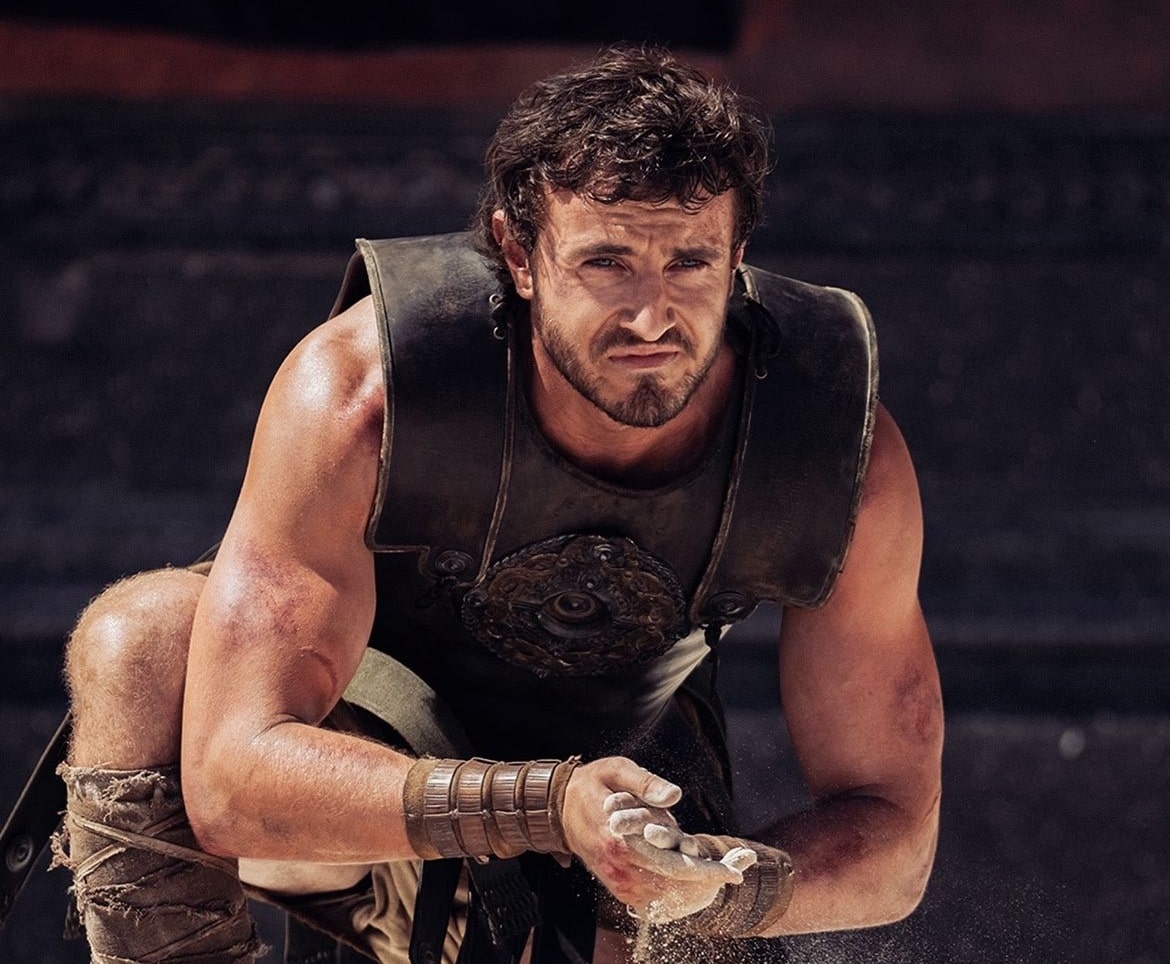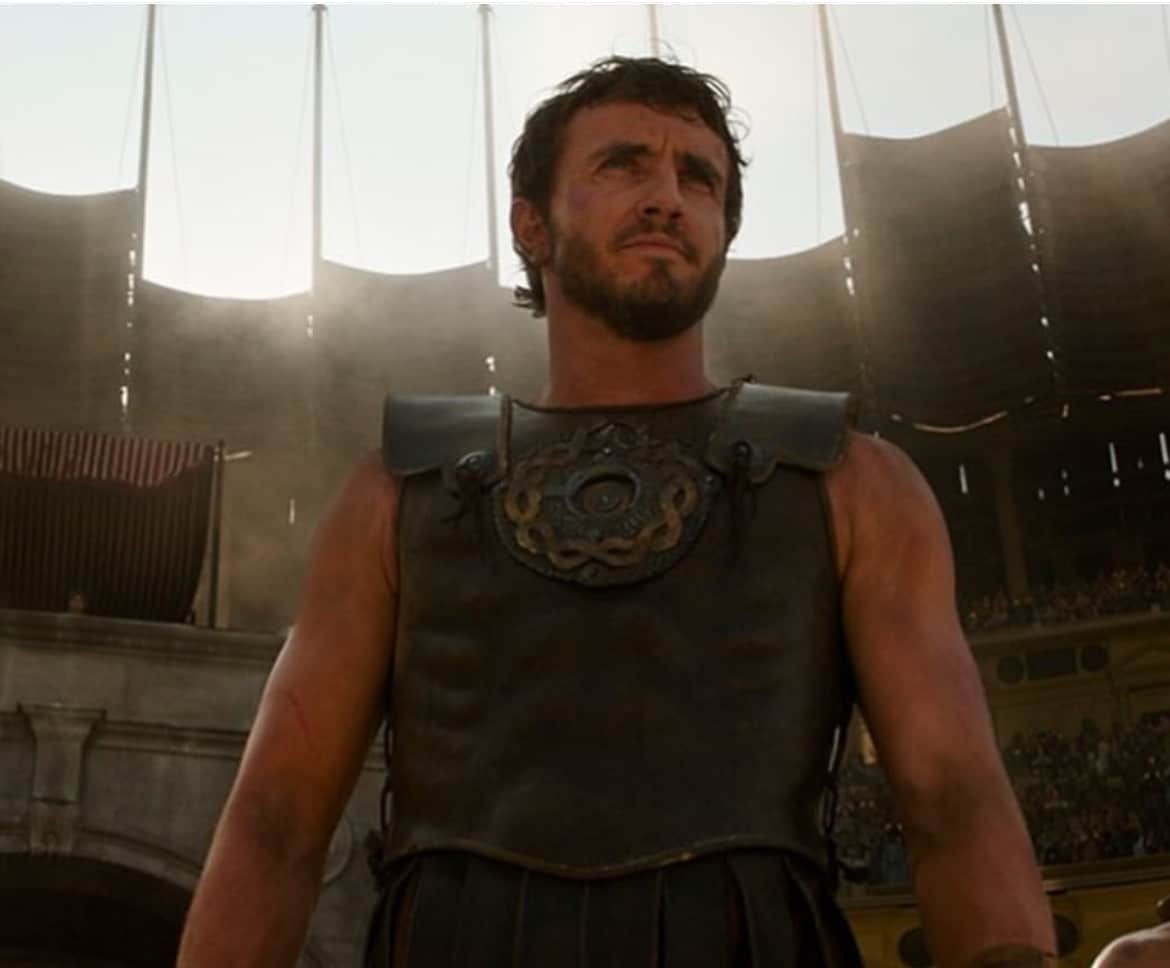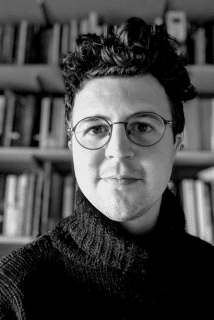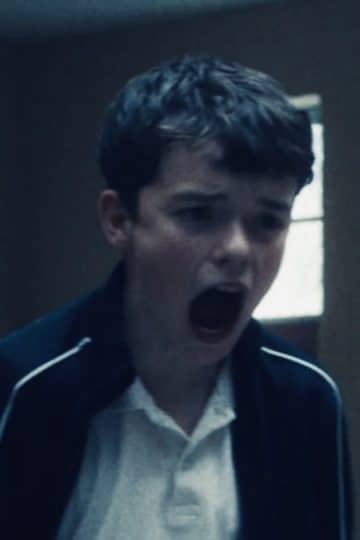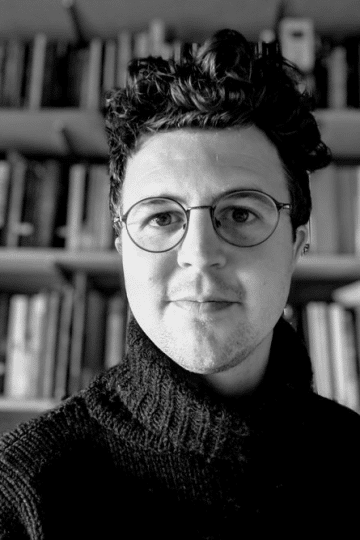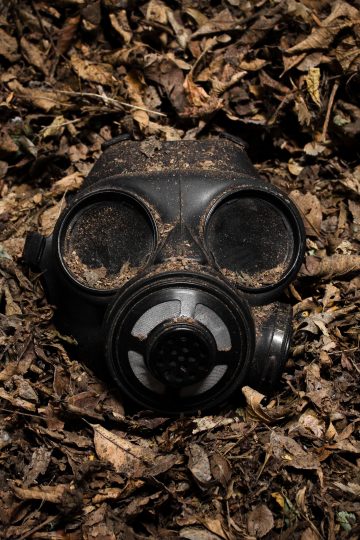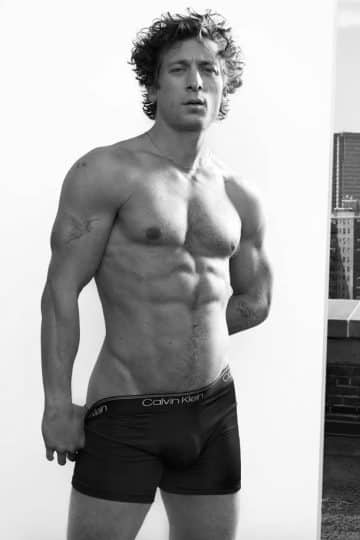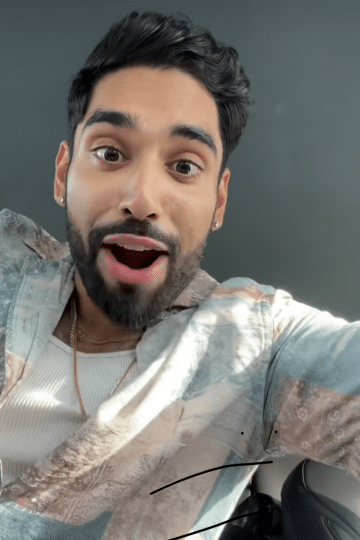The New Mescalinity
Masculinity
Mescalinity is the new Paul Mescal-inspired ideal for men: short shorts, shabby chic, boozing, charm and some "latent trauma"
Paul Mescal is bringing about a change in world of men. One that encompasses fashion, facial hair and attitude. One that is mercifully free of extremist ideology and crypto hawking, unlike the vast majority of absurdist, bone-headed male ‘influencers’ witnessed if you dare to lift the lid on the boiling hate-pit that is Twitter.
Gladiator II is out and it’s a brilliant spectacle, a solid sequel that was never going to match the original. Something of the fierce focus of director Ridley Scott’s best work – and his best are two of the greatest films of all time, Alien and Blade Runner, with Gladiator not far away too – continues to elude him in the late stage of his career, where the likes of Napoleon and Prometheus are very much spectacle over storytelling.
Paul Mescal’s performance, however, is its own kind of victory. Critics have sniffed a little, putting it up against Russell Crowe’s muscular, haunted tour-de-force as Maximus, but Mescal’s Lucius is a very different character. More serene than explosive, a man reckoning with his fate and how it intertwines with that of Rome’s; not just trapped in hell and hell bent on revenge. If that makes him less immediately appealing than that’s in the writing not in the acting.
And in fact much of the duty of the leading man in this kind of big budget film is to look the part. To carry a film you have to be the film, and the satisfaction derived from Gladiator II is in watching Mescal writ large on the big screen, sportsman physique, Roman nose, a certain quiet command. Safe to say this won’t be his last blockbuster role.
Nor will there be any kind of abating of the Mescalinity we are now seeing working its way into the behaviour of men today.
As his Variety interview illustrated, in east London, Mescal is almost out-Mescal-ed by the mulleted, bearded, smokers strolling around the place in short shorts. “I have noticed certain similarities in certain specific London boroughs,” he noted. Yet go to any venue or gym or coffee shop – or hell, even those old school places ‘pubs’ – and you’ll see his kind sauntering about with a practised shabbiness.
It’s good. I’m all for it. There’s an Irish appeal here, the cliched ideas of Celtic debauchery. Not too much, Mescal is not Peter O’Toole or Richard Harris, but we basically have booze and fags returning to the male playbook. Personally, while I do think men should look after themselves more, physically and mentally, the way this is played out on social media often leads to extremes, where it becomes a stringent application of Spartan sobriety and an obsession with control; a different kind of pressure. In the search for the answers to better wellbeing for men, we don’t want to chuck the baby out with the bathwater. Not that booze and fags are the answer, just that a chance to relax and indulge and have a laugh and a flirt, can be a valuable part of life too. Indeed that part that often bears fruits of relationships and friendships, those absolute life essentials.
With his grinning, quipping charm, Mescal embodies this. He ain’t The Rock. Or even the Daniel Craig. He’s both a throwback to those 50s good time actors and a throw forward to the way men are going. Sensitive, attuned, easy in his masculinity, not having to dominate spaces in order to demonstrate it. Without getting too carried away, within him there’s a refreshing kind of good bloke hope that charts a different path to the loud shock-fluencers who are revisionist and regressive in their nature.
He admits to Variety that he’s the guy to play characters with “latent trauma” and perhaps this is why he’s having an effect, in a suitably latent way.
So while the most obvious signs of Mescalinity are the clothes and a bit of pub action and an unpretentious vibe, really he’s connecting with men because his roles have largely featured him as the face of men in crisis.
Normal People drew huge attention to mental health issues in young men. Aftersun – perhaps his finest work to date – showed a young dad similarly in the grip of a breakdown while trying to make his daughter happy. All of Us Strangers was devastatingly emotional in its look at love and longing.
Mescal has become the guy who we can cry along with, and the reason it works is because he never falls into sentimentality with his acting. There’s no sense of him ever playing it big to wring out the tears. He’s all quiet control and suppressed struggles, a man trying to articulate how he feels without quite knowing how. As such, he is the perfect actor for our times as men.
Time to get on those short shorts and embrace The New Mescalinity.

Join The Book of Man
Sign up to our daily newsletters to join the frontline of the revolution in masculinity.




